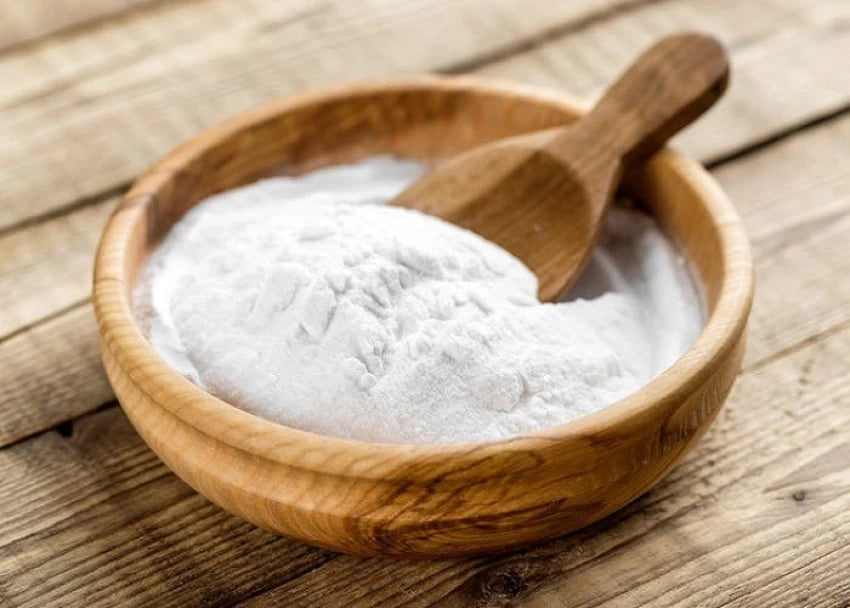Baking soda has emerged as a popular DIY remedy for various skin issues. From exfoliating dead skin cells to treating acne, its touted benefits seem endless. However, what many don't realize is that this seemingly harmless kitchen ingredient can cause significant harm to your skin.
Baking soda, or sodium bicarbonate, is a powerful alkaline substance with a pH of around 9, while our skin's natural pH hovers between 4.5 and 5.5. This delicate balance is essential for maintaining the skin's barrier function, which protects against pathogens and environmental damage. When baking soda is applied to the skin, it disrupts this balance, stripping away the protective acid mantle. This can lead to a cascade of problems, including increased vulnerability to infections, irritation, and inflammation.
For those with sensitive skin, the effects of baking soda can be particularly harsh. The abrasive texture, combined with its alkalinity, can cause micro-tears in the skin, leading to redness, burning, and even long-term damage. The initial sensation of smoothness after using baking soda as an exfoliant can be deceptive, masking the underlying harm being done to the skin's integrity.
Moreover, individuals suffering from conditions like eczema or rosacea may find their symptoms exacerbated by baking soda. The skin's compromised barrier in these conditions makes it even more susceptible to irritation and allergic reactions. Dermatologists caution against using such an aggressive substance, especially when there are gentler, more effective alternatives available.
The trend of using baking soda for acne treatment is also fraught with risks. While it may temporarily dry out pimples, it can also lead to over-drying of the skin, prompting it to produce more oil to compensate. This can result in a vicious cycle of breakouts and irritation, further complicating acne management.
So, while baking soda might seem like a versatile and cost-effective solution for skin care, its potential for harm outweighs the benefits. Maintaining the skin's natural pH balance is crucial for overall skin health, and disrupting this balance can lead to serious consequences. Instead of turning to such harsh remedies, it's wiser to consult with a skincare therapist to find safe, effective treatments tailored to your skin's unique needs. Embracing a skincare routine that respects the skin's natural chemistry will lead to healthier, more resilient skin in the long run.
Baking Soda on Your Skin: New Dangerous Trend
Indsendt af Sarah Stara Elahi den


